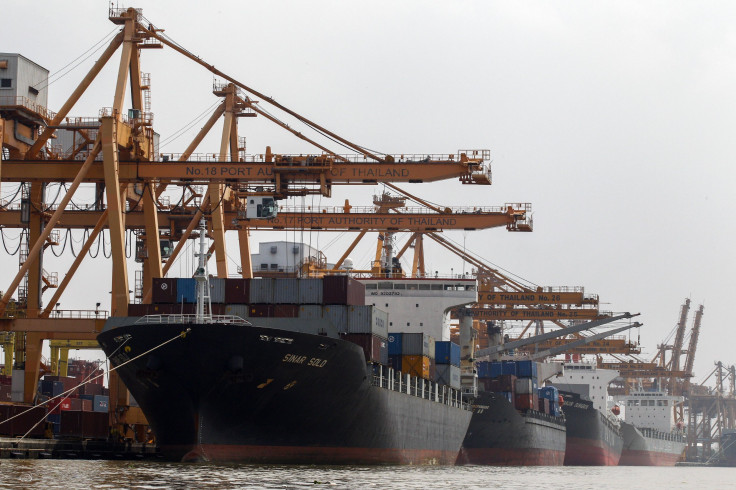Thai Economy Posts 1.3% Q3 Growth

Thailand's economy expanded for the first time in nine months, or three quarters, in the July to September quarter, but at a slower pace than expected, heightening the possibility that the nation's central bank will continue to keep rates low in order to coax up domestic demand and strengthen growth, Reuters reports.
Thailand’s gross domestic product climbed 1.3 percent in the three months from the previous quarter, the National Economic & Social Development Board, or NESDB, said in Bangkok Monday. That was up from a revised flat reading in the prior quarter. But expectations for 1.7 percent GDP growth were missed, Reuters reports.
According to Bloomberg, the GDP in Southeast Asia's second-biggest economy after Indonesia grew 2.7 percent from a year earlier, compared to a median estimate of 2.9 percent in a Bloomberg survey of 15 analysts. GDP contracted 0.30 percent in the second quarter of 2013 over the previous quarter.
“Confidence appears to have taken a hit at least partly from the protests, and personal consumption looks to have weakened further in the fourth quarter so far,” Gundy Cahyadi, an economist at DBS Group Holdings Ltd. in Singapore, said. “We need to see if external demand picks up in 2014 and offsets some of the drag in the domestic economy. The government’s infrastructure spending is now more crucial than ever.”
The state agency cut its full-year expansion forecast to 3 percent from a range of 3.8 percent to 4.3 percent projected in August, Bloomberg reports. The economy, it said, could grow 4 percent to 5 percent in 2014, and the agency slashed its expectations of export growth to zero in 2013, from an earlier estimate of 5 percent.
The NESDB said household consumption dipped 1.2 percent last quarter from a year earlier. Public investment slumped 16.2 percent from a year ago as government construction and investment in machinery and equipment declined, it said.
“The political-risk factor normally hurts tourism,” Arkhom Termpittayapaisith, secretary-general of the state planning agency, told a news conference Monday. “So far we haven’t seen any impact on the economy.”
On Nov. 10, central bank Governor Prasarn Trairatvorakul said demonstrations that have drawn as many as 30,000 people have hurt tourism and investor confidence.
The Bank of Thailand last month held its benchmark interest rate at 2.5 percent for a third meeting. It is scheduled to meet Nov. 27.
© Copyright IBTimes 2024. All rights reserved.





















